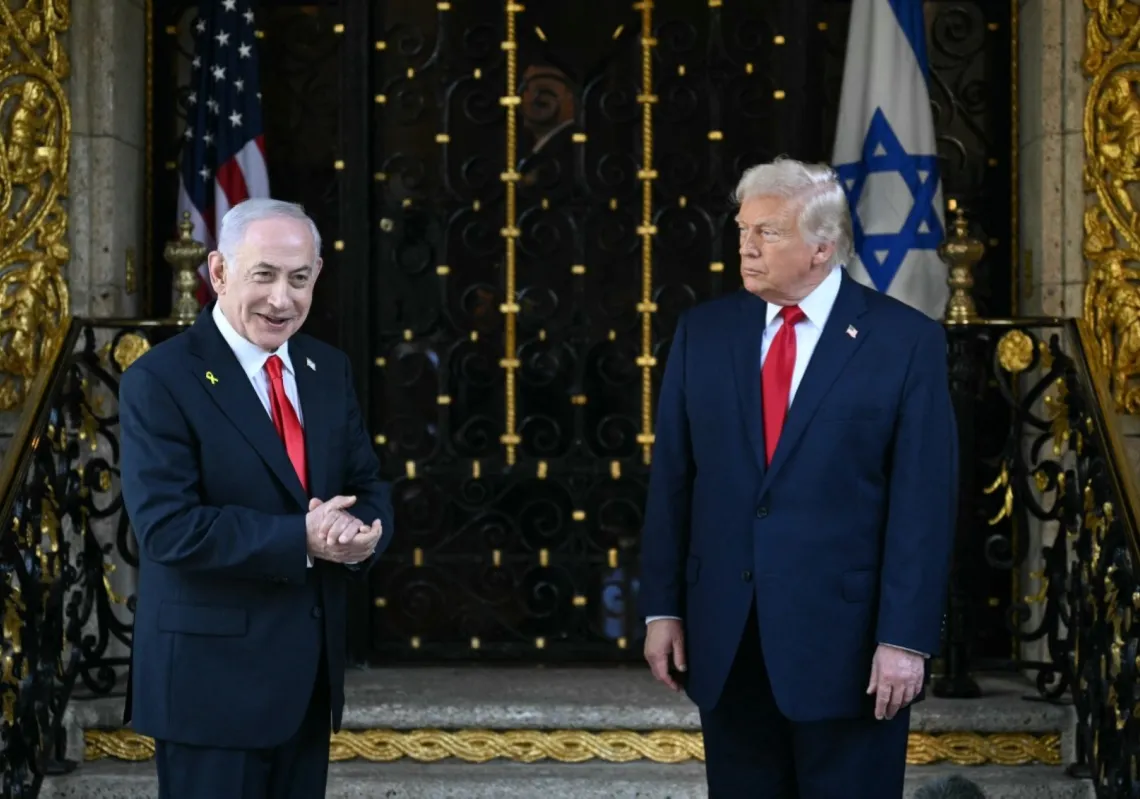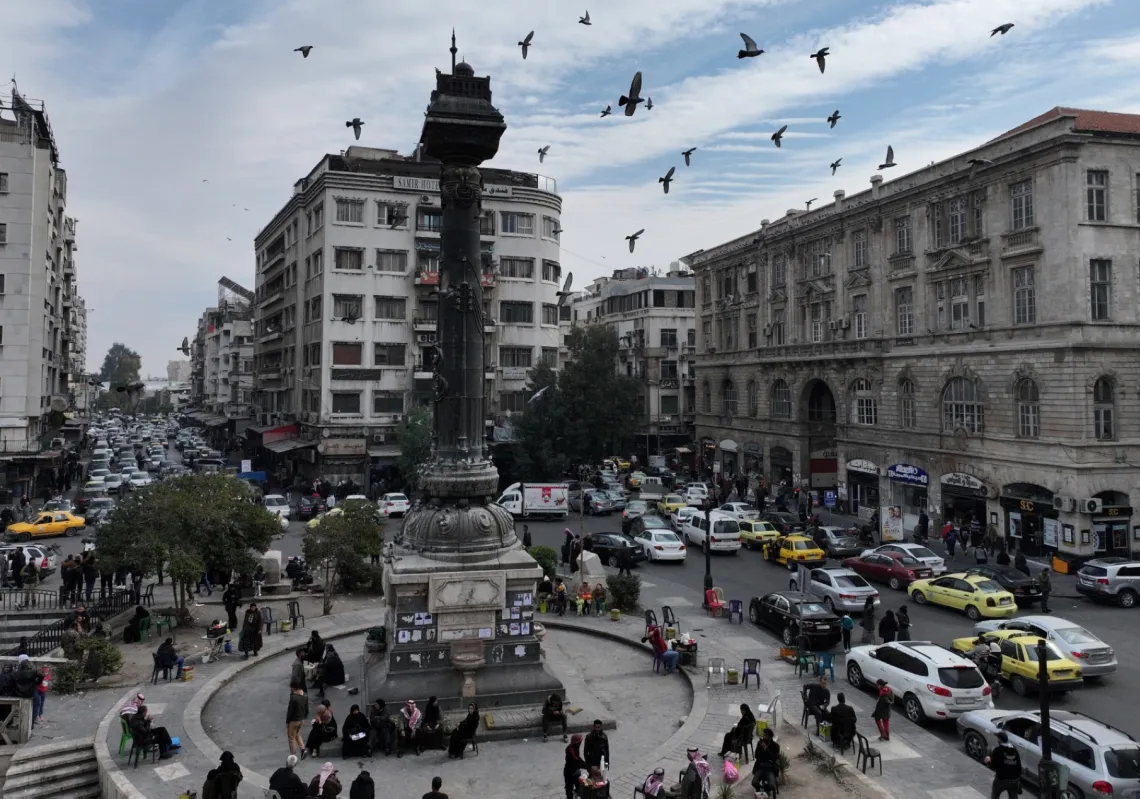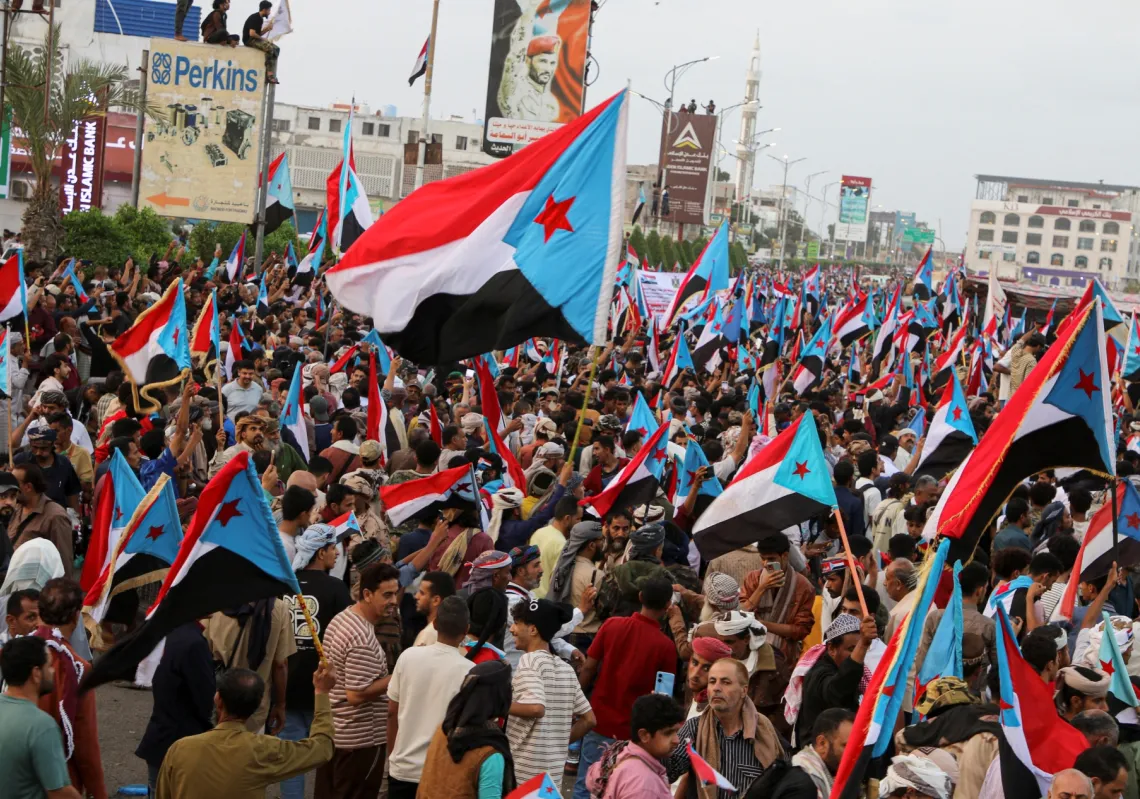In just over a month, Southern Sudanese voters will decide if their region should be an independent nation, separate from the government in Khartoum. The 9 January referendum is part of the 2005 Comprehensive Peace Agreement, forged between Sudan’s ruling National Congress Party (NCP), led by President Omar Al-Bashir, and the Southern Sudan People’s Liberation Movement (SPLM), led by Salva Kiir Mayardit, which largely controls the south. It is hoped that this referendum might lead to a more peaceful Sudan, but there are serious obstacles that potentially block the way and several peace incentives that must not be overlooked.
Sudan’s civil war years (1982-2005) displaced 4 million citizens who scattered into nearby countries. Voices of America reports that out of roughly 5 million eligible Southern Sudanese voters, only 2 million are registered, and registration closes in one week. There is concern that Al-Bashir will not accept the result of the referendum if it yields an independent South as expected. As it stands, less than half of the Southern Sudanese voting population will be registered in time, not to mention the Sudanese diaspora, and only a portion of that will actually vote in January. This would give Al-Bashir solid ground to argue that the January vote was an unfair representation of the Southern Sudanese population, thereby justifying his decision to refuse Southern independence.
In expectation of the referendum, human rights watchdog agencies have reported a surge in North-South fighting since August. And both regions are preparing for an eruption of post-referendum violence. Al-Jazeera English reports that the North is amassing troops along the projected North-South border. Kiir has asked the UN to add more peacekeeping troops to its current force of 10 thousand soldiers already in the South. Kiir also claims the North engineered an air strike in the South last week to derail elections, according to Reuters news agency.
The US has a substantial stake in this referendum and peace process. Under the Clinton and Bush administrations, massive amounts of money and diplomatic efforts went into quelling Sudan’s civil war. This aid was curbed after the victory of the 2005 Comprehensive Peace Agreement. In a special report for the Center for American Progress, former State Department official Jeff Millington argues that stepping down efforts in Sudan after 2005 was a mistake. He argues that Sudan’s future peace relies on the US’s continued engagement and applauds the efforts of the Obama administration in revamping diplomatic action in that regard.
Earlier this year, Secretary of State Hillary Clinton publicly said the South’s secession is inevitable. She warned the North against interfering in the process, a rhetorical strategy that might be building the justification for a strong-armed intervention against the North, if necessary. During Senator John Kerry’s visit to Sudan in October, he laid out a peace proposal, the details of which, according to his website, were withheld to allow Kiir and Al-Bashir to mull over its conditions. Kerry writes that, “Every reliable source indicates that Southern Sudan will vote for separation, dividing Africa’s largest country and taking with it some 80 percent of known Sudanese oil reserves.”
Oil—and the desire for profit—provides a strong incentive for maintaining peace between a divided Sudan. Publicly Al-Bashir says he is open to the possibility of an independent South Sudan, but some political analysts say Al-Bashir is unlikely to let go of the precious resources the South harbors.
One region cannot profit without the other. Economic interdependence may help achieve peace between the North and the South, according to an article in The World Today. This is certainly optimistic news, if perhaps short sighted. The majority of armed fighters are not the ones whose pockets are lined by oil revenue. For these individuals, boosting the nation’s economy is no motivation to stop the violence. Warring groups might respond to the urging of their political leaders, though. In support of the economic rationale for peace, a report co-launched by the Institute for International Security explains that if both sides attain and sustain peace, it will bring in more profits for the country and encourage investors. But if Sudan falls into further civil warring, it could cost $100 billion, a price Sudan can’t afford and the international community doesn’t want to pay. Maybe these figures will pique the profit interests of regional leaders.
There are other bargaining chips available, though. The Christian Science Monitor reports that part of Kerry’s peace proposal offered the North a chance to be eliminated from the US’s list of nations that support terrorists in exchange for allowing the South to secede peacefully. But this is small pittance. What the North really wants is for the US to release the tough economic sanctions imposed on Sudan over the Darfur crisis and for the International Criminal Court to withdraw arrest warrants for Al-Bashir. Neither of these options is palatable for the US, lest it be seen as turning its back on the ongoing guerilla war in the Darfur region of Sudan, which has claimed nearly 300 thousand lives, according to UN estimates.
Without a detailed explanation of the US’s long-term diplomatic goals, it leaves the US’s strategy in Sudan open for conjecture. For the US, it’s likely not about the oil, as Sudan’s reserves are but a drop in the global stockpot. Government research does confirm that the North and South regions are very distinct culturally, with the North more Arabic and Muslim, and the South containing more English-speaking black Africans. So it is logical for the US to hope that giving the South complete political autonomy via the upcoming referendum would alleviate some grievances that fueled the civil war.
Perhaps the US additionally supports an independent South because this referendum, if approved, would literally cut the country in half, restricting the economic resources and political power available to the NCP. That would effectively limit Al-Bashir, who’s been accused of war crimes, genocide and orchestrating heinous atrocities against the Sudanese. Beyond this, a continued US engagement in the region would compliment its history of leading negotiations and sending aid to the war-torn country. And, as reported by the Environment News Service, the UN is now seeking a record $7.4 billion of humanitarian aid money from the international community. A large portion of this will undoubtedly go to Sudan, so it may be penny-wise for the US to solidify Sudanese peace through early and sustained diplomatic engagement, even if it costs more initially.
It is prudent for the US to stay the course with the Sudanese peace process it started over a decade ago, though US help in Sudan this time around may be rejected. According to the Monitor, one of North Sudan’s NCP officers recently said of Kerry’s peace proposal that, “[It] does not matter. The two sides are already engaged in continuous discussions, and the negotiations are proceeding. We don’t understand what outside proposals have to do with anything.”
Perhaps what the US can help with then is persuading North and South Sudan to clarify their peace plans and make them transparent to the international community. Not only would this encourage the support of foreign countries during the tedious peace process, but it might also assure investors and bolster economic growth in the North and the South. Until the proposed peace framework is thoroughly outlined, it is impossible to know what type of transition the North and South envision for the post-referendum stage in January, and therefore impossible for the international community—or the US—to respond timely or appropriately.
Lauren Williamson – A London-based freelance journalist.








